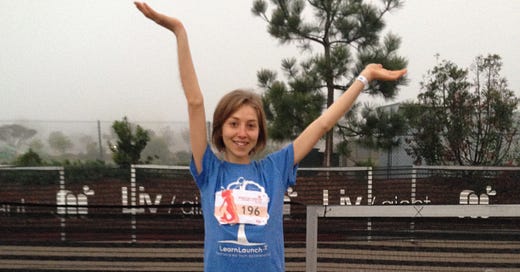Issue #21: I was (am?) addicted to exercise
From the outside, no one could tell how unhealthy it was.
Welcome to part two of our Body Image series.
Heads up: this essay talks about weight loss and disordered exercise.
Keep reading with a 7-day free trial
Subscribe to platonic love to keep reading this post and get 7 days of free access to the full post archives.





